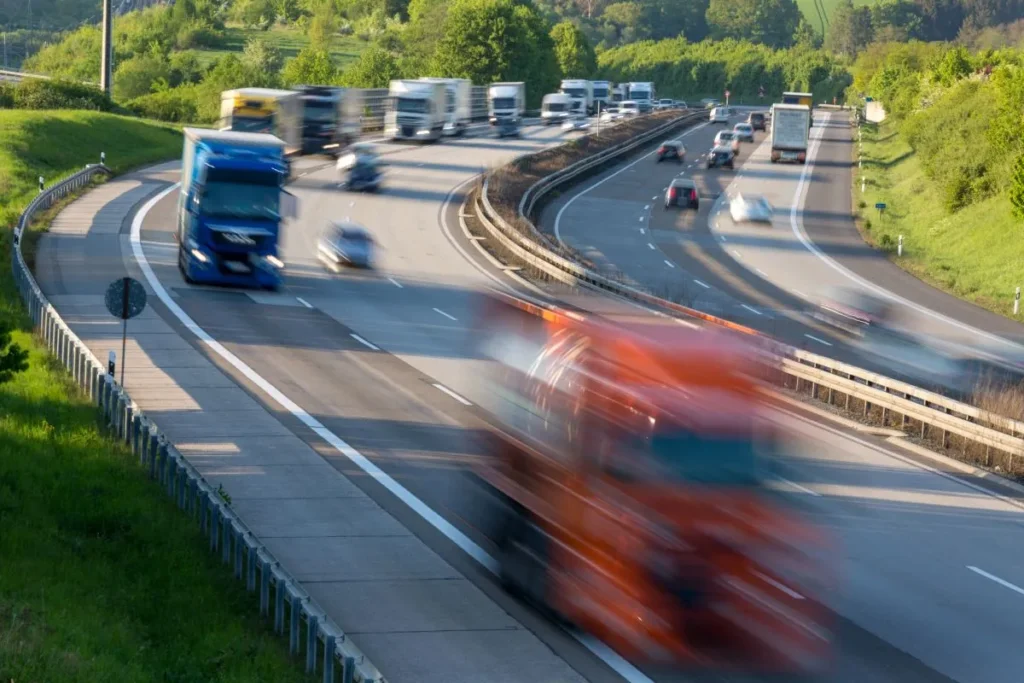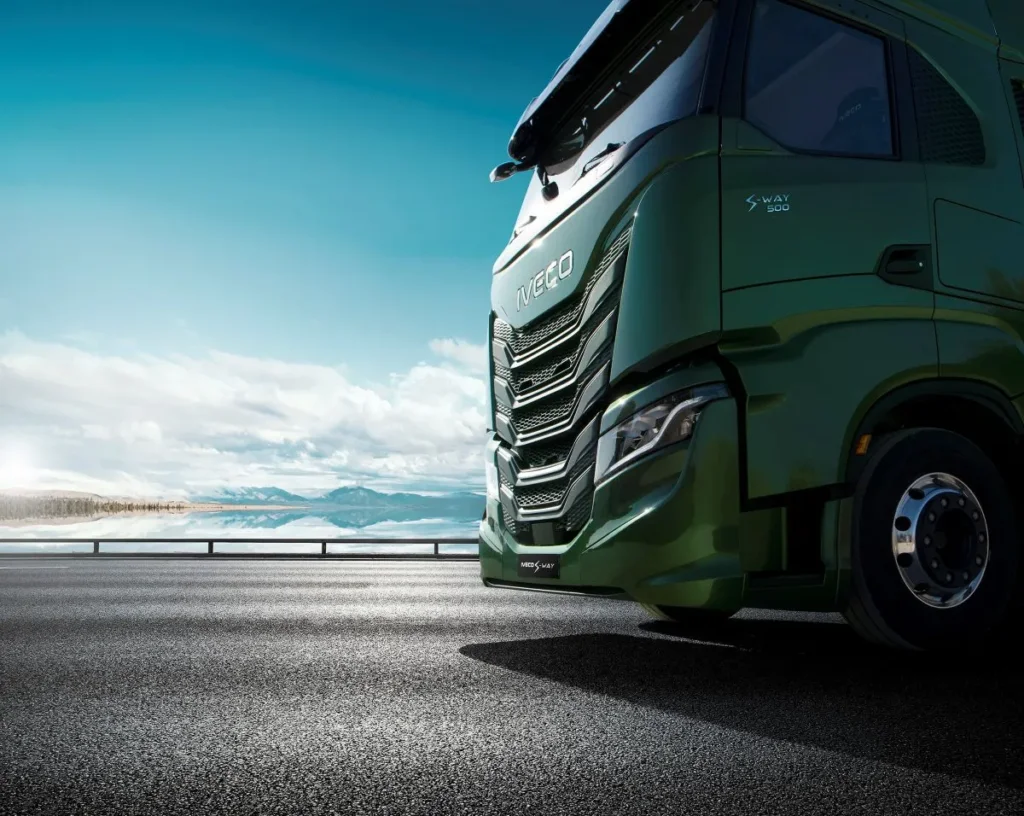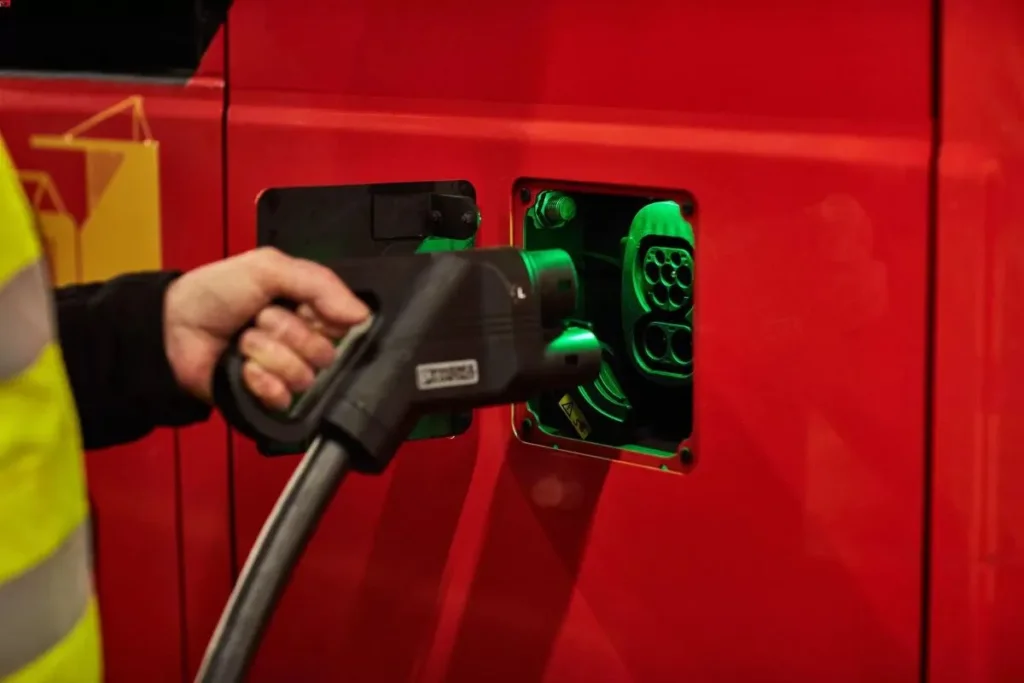The Tour d’Europe, which concluded in Brussels at the end of June, involved cross-border travel through Italy, Germany, France, and Belgium, with the truck refuelling at multiple public bioLNG stations. Throughout the journey, greenhouse gas (GHG) savings were monitored and verified in real time using Bosch’s Digital Fuel Twin, a tool that tracks renewable fuel use and calculates CO₂ reductions.
The truck used in the tour, an Iveco S-Way LNG model, required no engine modifications, proving that bioLNG is a ready-to-deploy solution for decarbonising heavy goods transport. According to the company, the fuel can reduce GHG emissions by up to 121% when sourced from circular systems such as manure-based anaerobic digestion.
The tour included a stop at the Wipptal Biogas plant in Sterzing, Italy, which produces biomethane from locally sourced agricultural waste. Other stops included fuelling stations in Germany (Eching, Mittenwalde, Leverkusen), France (Lille-Fretin, Eppeville, Bosgouet), and Belgium (Heverlee).
The final event in Brussels brought together EU policymakers, fuel suppliers, and industry representatives to call for technology-neutral climate policies.
“It means not favouring a single technology, but allowing the best solutions to emerge based on real-world performance and environmental impact,” said Simone Curti, Head of EMEA Commercial Operations at Iveco.
BioLNG is increasingly being promoted as an alternative for long-haul operations due to its range, short refuelling times, and compatibility with existing natural gas engines.









